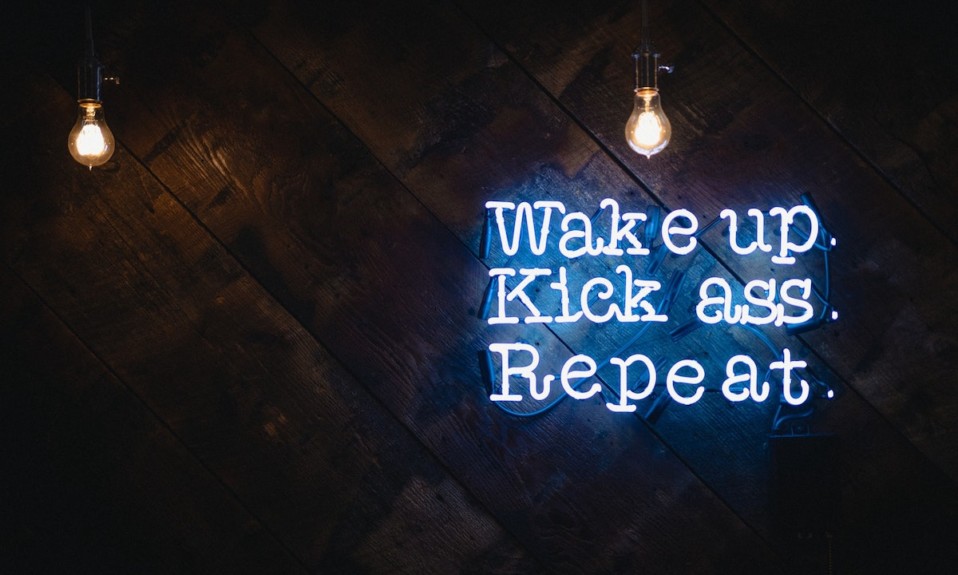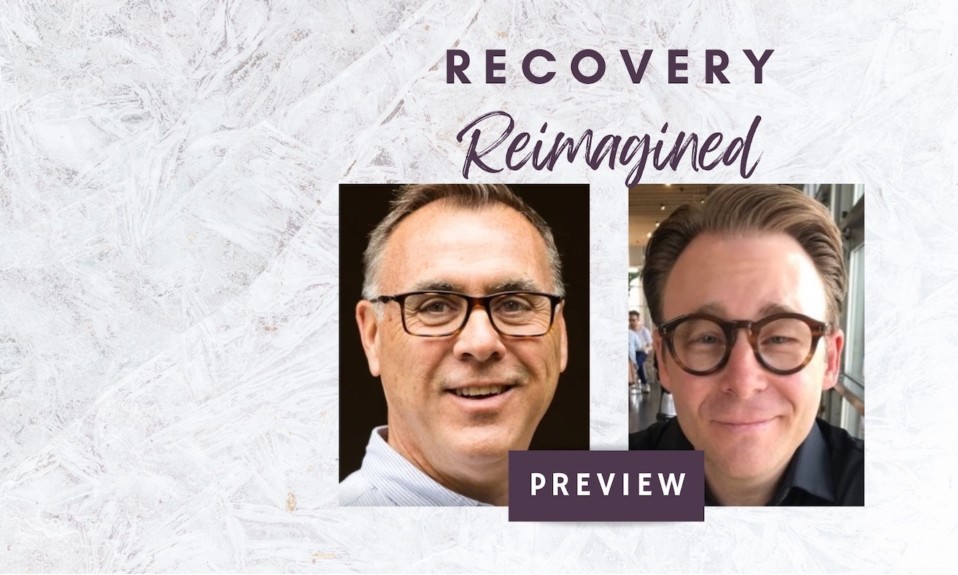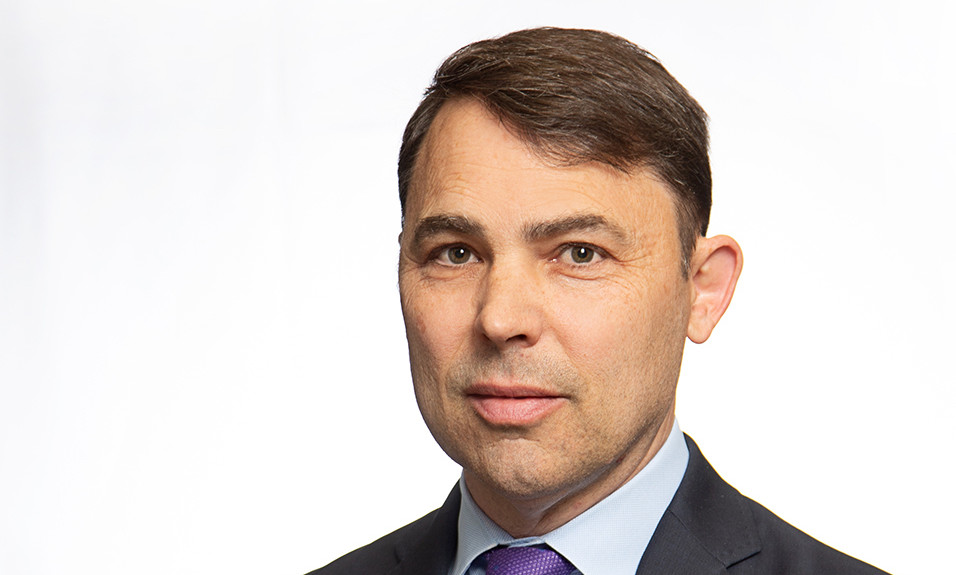There will be times when it will be difficult to focus on maintaining your sobriety. What should you do when that happens?
Editor’s note: This is Part I of a two-part series.
By Patrick McElwaine, Psy.D., LPC
While I was working in an inpatient psychiatric facility, a patient asked me, “Dr. Mac, if I only had one group with you, what would you want me to know?” What a great question. After thinking about it for a bit, I told him I would want him to know three things that are important for treatment and recovery: (1) motivation, (2) the defense mechanisms they use and (3) identifying cognitive errors. Let’s use this space to delve into the first area.
Motivation
I ask my groups the following question. “How many of you are motivated to continue your treatment? You may feel great right now and are focused on leaving this hospital and rocking your recovery.” Typically, many patients raise their hands, but some don’t. I then say, “Great, that motivation you have to leave this group, work your treatment, focus on your recovery, make lifestyle changes, and engage in the skills you need to continue your recovery … will come crashing down.”
One of the most important aspects of my relapse prevention plan was attending 12-step meetings even when I didn’t want to. I was able to explore and recognize patterns related to my struggles with recovery.
Some people in the group would get upset with that response: “Dr. Mac, why would you say this? I feel great. I can’t wait to work my recovery when I get out of here. And then you say that.” I tell them that the reason I said it was because I want them to be prepared for when they don’t feel motivated—when they experience loss, when things don’t work out the way they would like, or when they simply wake up in the morning and don’t feel great. How do you prepare for this? What can you do when you start to lose your motivation? How do you work on your recovery on days when you just don’t want to? Here are some answers:
Relapse prevention strategies. These were important to my own recovery. If you’ve been to or are currently still in therapy, you’ve undoubtedly heard the term “relapse prevention plan.” Such a plan helps you prepare for tough times during your recovery. This document helps to identify your recovery goals, triggers, warning signs and coping skills. The plan has to be “real” to you, meaning the strategies you write down must be ones you’ll actually use.
One of the most important aspects of my relapse prevention plan was attending 12-step meetings even when I didn’t want to. I was able to explore and recognize patterns related to my struggles with recovery—two of them being honesty and stepping away from meetings/therapy. Because of my plan, I was able to prepare for both pitfalls in my recovery. I could catch myself saying, “I am too tired to go to a meeting” or “These meetings aren’t helping me” or “I will go to a meeting tomorrow.”
Your motivation might fluctuate. What safeguards can you put in place? How can you keep moving forward with recovery even when you are uncomfortable?
Regarding the honesty piece, I lied for various reasons during my active addiction, whether to cover up my use, not hurt loved ones or put myself in a more favorable light. One day my wife asked me from another room what I was watching on TV. I said I was watching the news, though I was actually watching Jerry Springer. Why did I lie about that? Probably because I felt that I would be judged. I told her I had lied about that and needed to work harder at being truthful about everything.
The main point I’m making in this column is to remember that your motivation might fluctuate. What will you do when this happens? What safeguards can you put in place? Whom will you call for support? How can you keep moving forward with recovery even when you are uncomfortable? What will be in your relapse prevention plan? What will keep you sober and clean?
In my next column, I’ll examine defense mechanisms and identifying cognitive errors.
Patrick McElwaine, Psy.D., LPC, is known as “Dr. Mac” to his clients, students and colleagues. He has his own counseling practice, teaches counseling psychology at Holy Family University in Pennsylvania, is a faculty member at the Beck Institute, and serves on the Bucks County National Alliance on Mental Illness (NAMI) board of trustees. His column publishes regularly on TreatmentMagazine.com.
Photo: Justin Veenema














